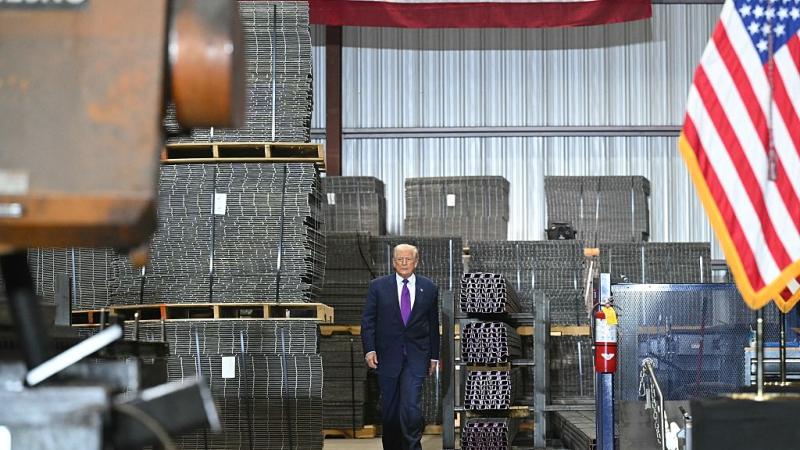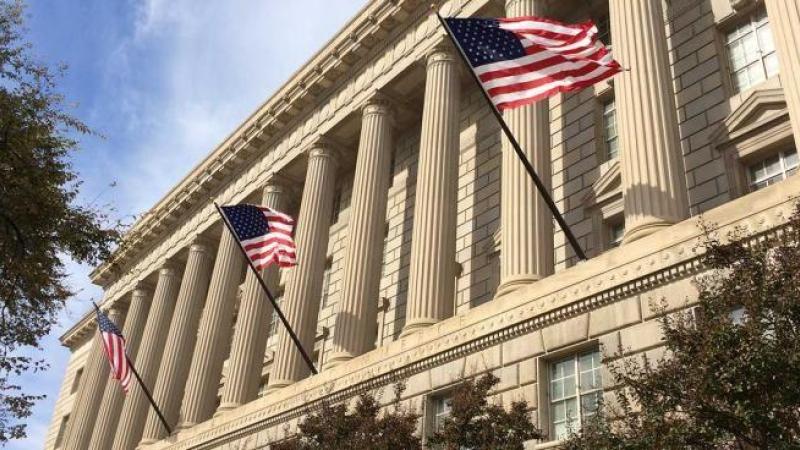Taxpayers pick up the tab on nuclear energy as delays and cost overruns are common: Study
Two reactors at the Vogtle NPP in Georgia finally completed construction after nearly 15 years in July of 2023 and April of 2024, respectively, costing $34 billion to complete.
The current United States financing model for nuclear power poses significant costs to taxpayers, a study from the Copenhagen School of Business reports.
The study shows that projects are especially vulnerable during their extended construction phases, which typically span between eight and 16 years for recent undertakings. This extended duration often results in exceeding both time and budget estimates.
The study reports that nuclear power plant projects become financially viable primarily due to government intervention aimed at mitigating investment risks, such as loan and revenue guarantees, full or partial state ownership of suppliers or utilities, and regulatory frameworks that oblige future consumers to contribute to construction costs.
“In this case, the institutional investors issuing loans to the utility company owning the Nuclear Power Plant receive a guarantee from the host government that any outstanding debt will be covered by the state in case of default by the utility company,” the study said. “In this way, the investment becomes more attractive to the financier since the risk is significantly reduced.”
Consequently, the likelihood of securing funding for the nuclear power plant increases, facilitating the project's progress and completion by shifting the risk to taxpayers.
Two reactors at the Vogtle NPP in Georgia finally completed construction after nearly 15 years in July of 2023 and April of 2024, respectively, costing $34 billion to complete.
Both units were expected to be complete by 2017 but suffered several delays. Vogtle Units 3 and 4 are projected to produce 17.2 million megawatt-hours of clean energy annually, effectively preventing the emission of 10 million metric tons of carbon dioxide each year, according to the Department of Energy.
The nuclear energy market may require government subsidies for some time, the report notes. The Biden administration has opted to fund billions of taxpayer dollars into nuclear energy programs and companies by combining subsidies and tax credits.
“In order to make a decision, the financial risk of these projects needs to come down,” Jacopo Buongiorno, professor of Nuclear Science and Engineering at the Massachusetts Institute of Technology (MIT), told The Center Square. “Whoever will be the user of these machines has a certain tolerance for project risk.”
In other words, some companies will be able to afford to fund their own projects and some won't. Buongiorno said that it is up to the companies to say when they can continue on without taxpayer aid.
The Biden administration has done a lot to subsidize the U.S,’ nuclear sector. One notable provision is the Zero-Emission Nuclear Power Production Credit, which offers a $15 per megawatt-hour credit for electricity generated by existing nuclear plants. This credit gradually decreases as electricity prices exceed $25 per MWh.
The Department of Energy's loan program office has funded billions of dollars for nuclear energy in accordance with the Inflation Reduction Act. Likewise, the Infrastructure Investment and Jobs Act included subsidies for the existing fleet of 94 reactors to make sure they are financially viable.
In March, the DOE approved a loan of $1.52 billion for a plant in Michigan. On Monday, the Department announced that it intended to fund $900 million for small modular reactor technology projects.
The recently passed ADVANCE act may help to address the lengthy process of environmental evaluation and permit approval from the Nuclear Regulatory Commission, which can delay plant construction. The act also streamlined the process for acquiring licenses.
“The act is a step in the right direction,” Buongiorno said. “Is it enough? Who knows. The market will tell soon enough.”
















